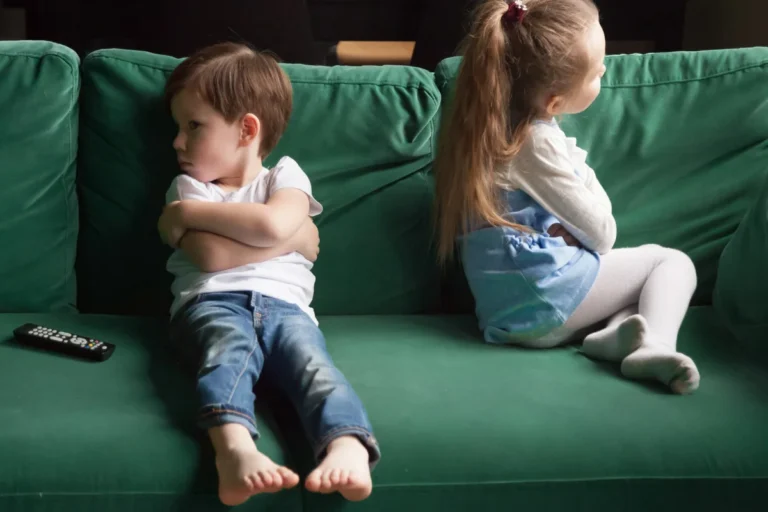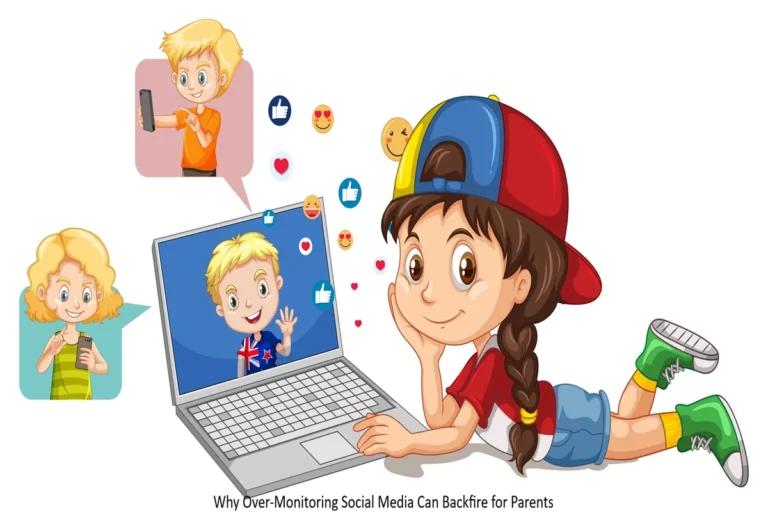
Let me tell you about Sarah. Bright, funny, with a laugh that could make even the grumpiest teacher crack a smile. But last semester, that laugh disappeared. She was caught in the brutal tug-of-war between Friendship & Peer Pressure. It started small—”Skip practice with me, just this once!”—then escalated to “You’re such a prude” when she refused to sneak out at 2 AM. By winter break, Sarah was chain-vaping behind the bleachers, not because she wanted to, but because ‘no’ had become social suicide.
New Hook:
“68% of teens admit to doing things they regret just to keep friends (Journal of Youth Studies, 2023). Where’s the line between friendship and peer pressure—and how do you protect your boundaries without becoming a social outcast?”
5 Sneaky Signs Your Friendship Has Turned Toxic
1. The Gaslighting Gambit
“We never pressured you! You wanted to!” → Makes you doubt your own memory.
2. The Exclusion Economy
Plans suddenly happen without you after you set boundaries.
3. The Trojan Horse Compliment
“You’re so much cooler when you drink!” = “I prefer you less yourself.”
4. The False Consensus Effect
“Everyone thinks you’re overreacting” (Spoiler: They haven’t asked “everyone.”)
5. The Gradual Escalation
“Just one puff” → “Just skip school” → “Just send one pic.”
Worth Reading : Peer Pressure and Drugs: What Parents Should Do
FAQs: Straight Talk on Friends & Pressure
Great question. Think of it this way: Encouragement feels like a high-five. It’s about your goals (“You’ve got this tryout!”). Pressure feels like a shove. It’s about their goals for their entertainment, and it often comes with a side of guilt. The simplest test? A real friend might be disappointed by a “no,” but they’ll respect it. They don’t make you feel lame for it.
Honestly? That’s their answer, and it’s a brutal one. If someone drops you for having a boundary, they were a loan, not a friend. You were just borrowing their time until you said “no.” It hurts, but it also makes space for the people who will stick around for the real you.
You don’t need a grand speech! Keep it simple and casual. The more you explain, the more they’ll debate. Try these:
The Casual: “Nah, I’m good for real.”
The Deflector: “Haha, not my vibe, but you do you!”
The Delayer: “Maybe later, I’m not feeling it right now.”
Say it like you mean it (even if you’re shaking inside), and change the subject.
It is NEVER too late. People might be shocked at first because they’re used to the old you. That’s okay. Stay consistent. You can literally say, “Yeah, I know I used to, but I’m not into that anymore.” You don’t owe anyone an apology for changing and growing.
Don’t focus on “finding friends.” That’s overwhelming. Focus on finding your people by doing stuff you genuinely love. Join the hiking club, the art room, the volunteer group, or the online forum for that game you love. Friends you meet through shared passions just fit better. They like you for you, not for what you’ll do for them.
Also Read : How Social Media Supercharges Peer Pressure for Teens (And What Actually Helps)
The Resistance Toolkit: Science-Backed Strategies
For Teens:
The Delay Tactic
“I’ll think about it” → Buys time to escape gracefully
The Misdirection
“Can’t—my mom tracks my location!” (Vague enough to avoid debate)
The Power Play
Flip the script: “Why do you care what I do?” → Shuts it down
For Parents:
The 5:1 Rule
For every serious talk, have 5 no-pressure chats about their interests.
The Third-Person Trick
“Some kids at my school are dealing with…” lets them open up indirectly.
Rebuilding After the Fallout
It took Sarah six months and a fractured wrist (from drunk dares) to walk away. Her comeback strategy:
- The Slow Fade – Gradually reducing contact, not dramatic breakups
- Interest Anchoring – Joined robotics club to meet people through shared passions
- The Upgrade Mindset – “Friendships should feel like upgrades, not compromises.”
New Personal Anecdote:
“My cousin Jake survived his ‘friends’ betting him $50 to jump off a roof. His turning point? Meeting a hiking group that competed over mountain peaks instead of stupid dares.”
The Uncomfortable Truth About Friendship & Peer Pressure
We treat peer pressure like some external monster, but the scariest part lives within us—that whisper of “Maybe they’re right. Maybe I am too [insert insult here].”
Your Armor:
- The kids judging you today won’t matter in 5 years
- Every “no” strengthens your integrity muscle
- Real friends are out there—they’re just not the ones screaming loudest
New Tweetable Stat:
“Teens with just one trusted adult are 40% less likely to cave to peer pressure (CDC). Tag your person! 👇”
Final Call-to-Action :
“Think of one small way you’ll assert your autonomy this week. Maybe it’s:
- Wearing that ‘weird’ shirt you love
- Sitting with the quiet kid at lunch
- Simply saying ‘I’ll pass’ without apology
Also Read : Peer Pressure: Why It’s Not Always Harmful


